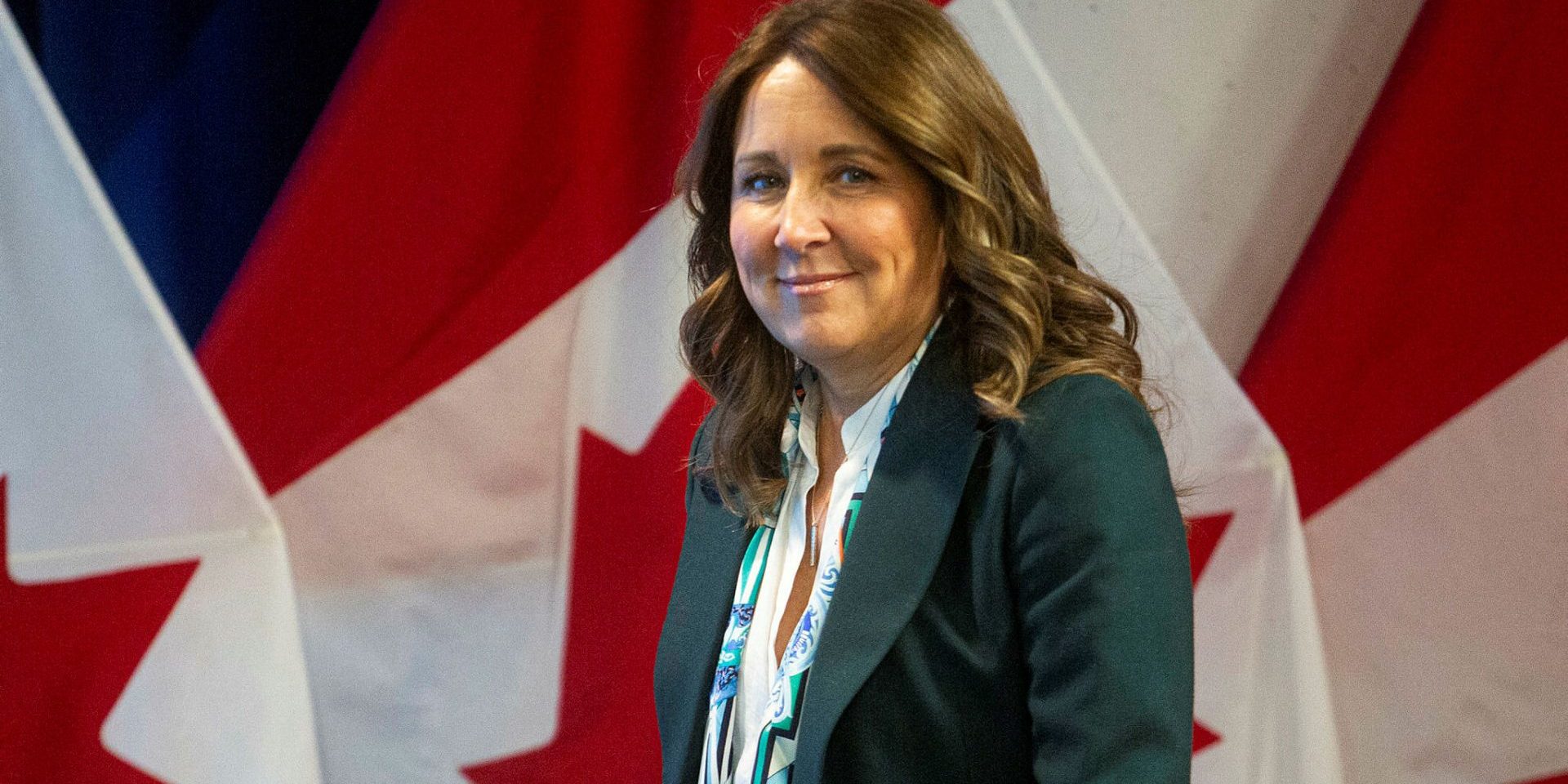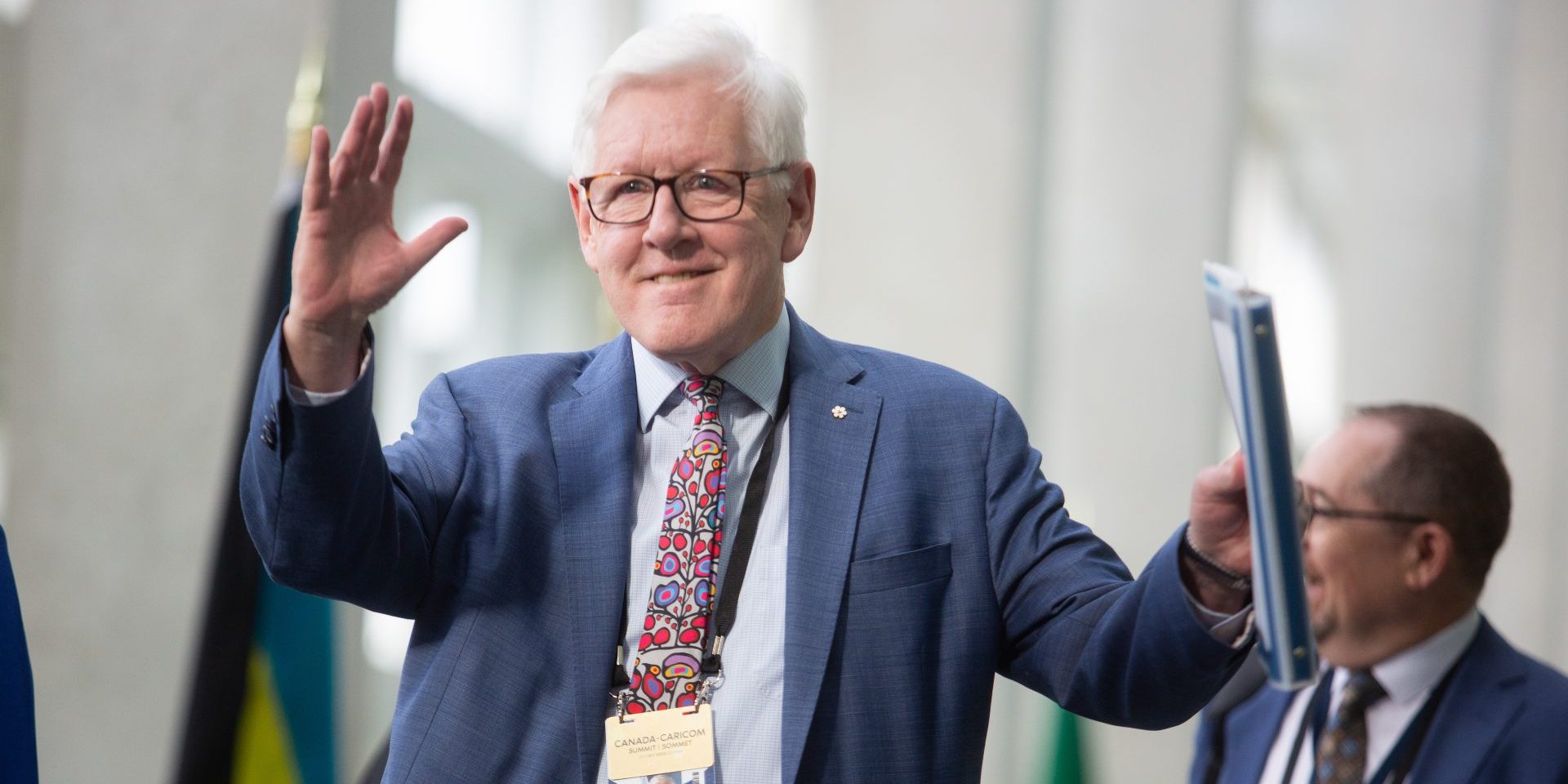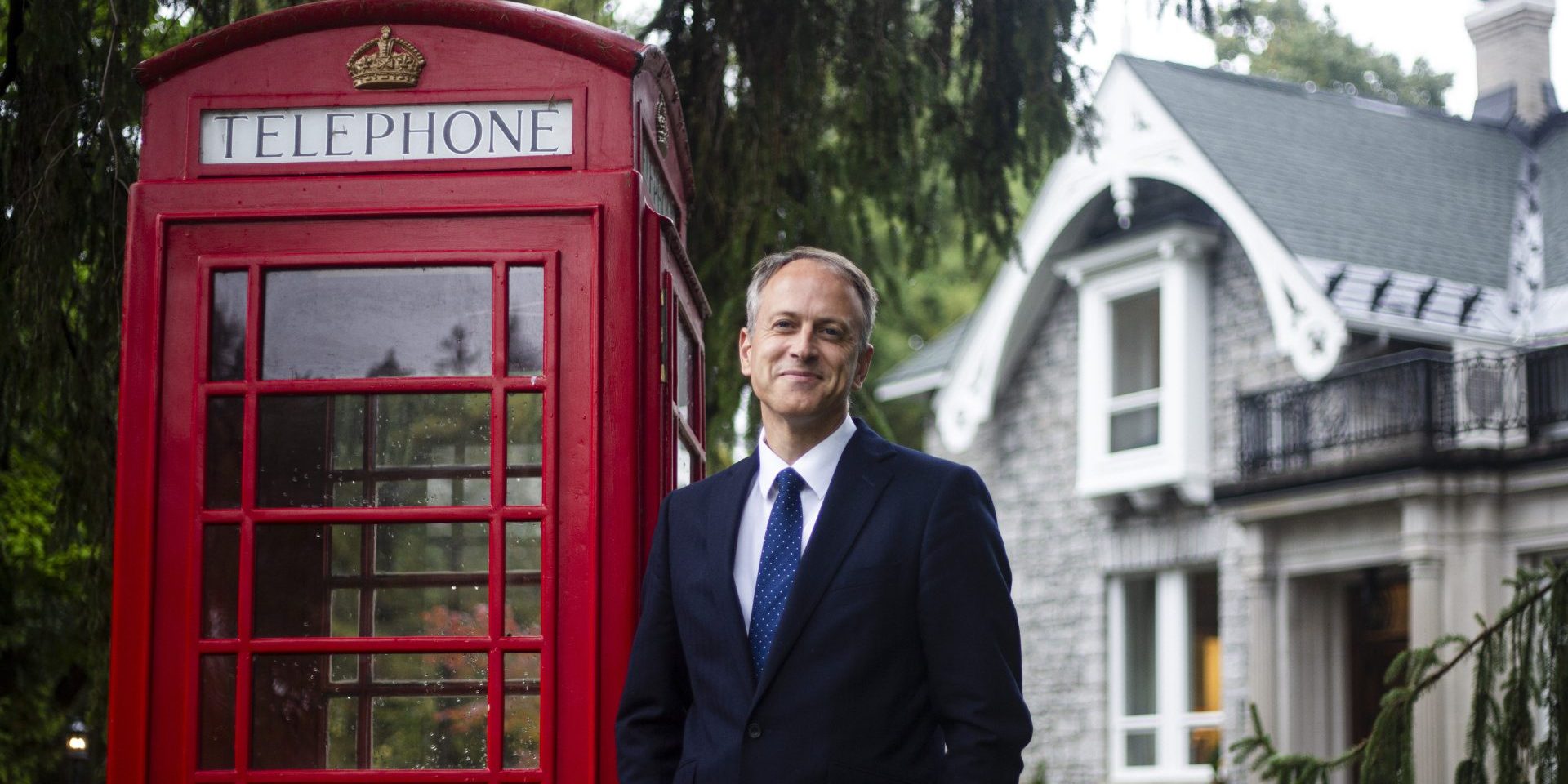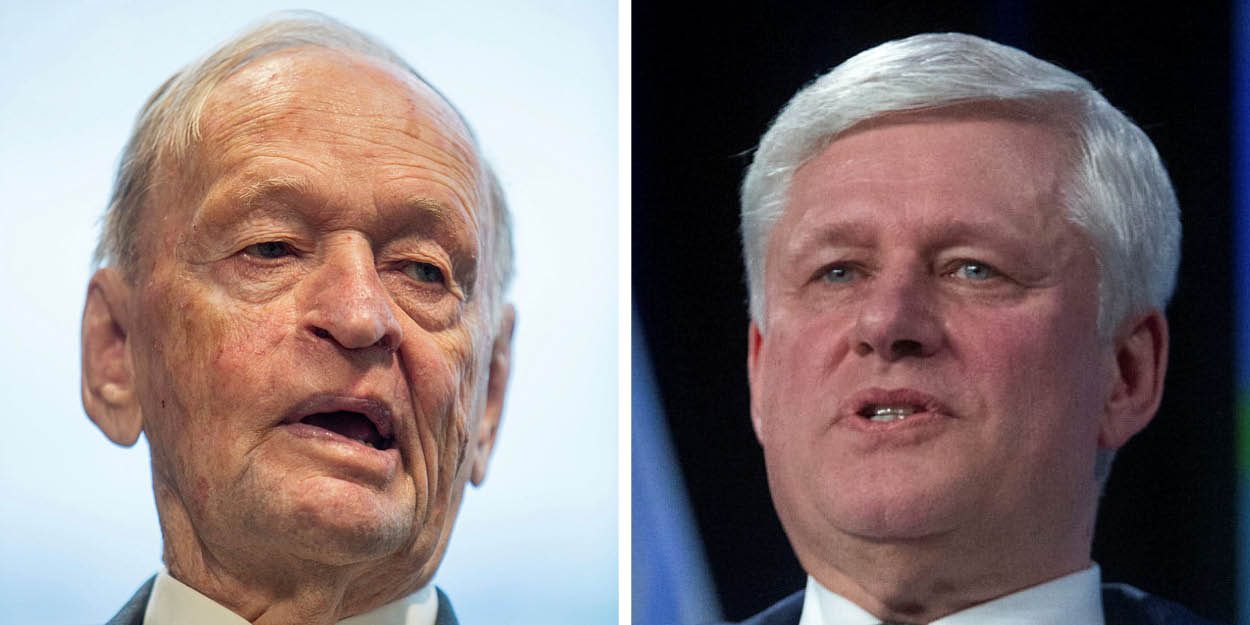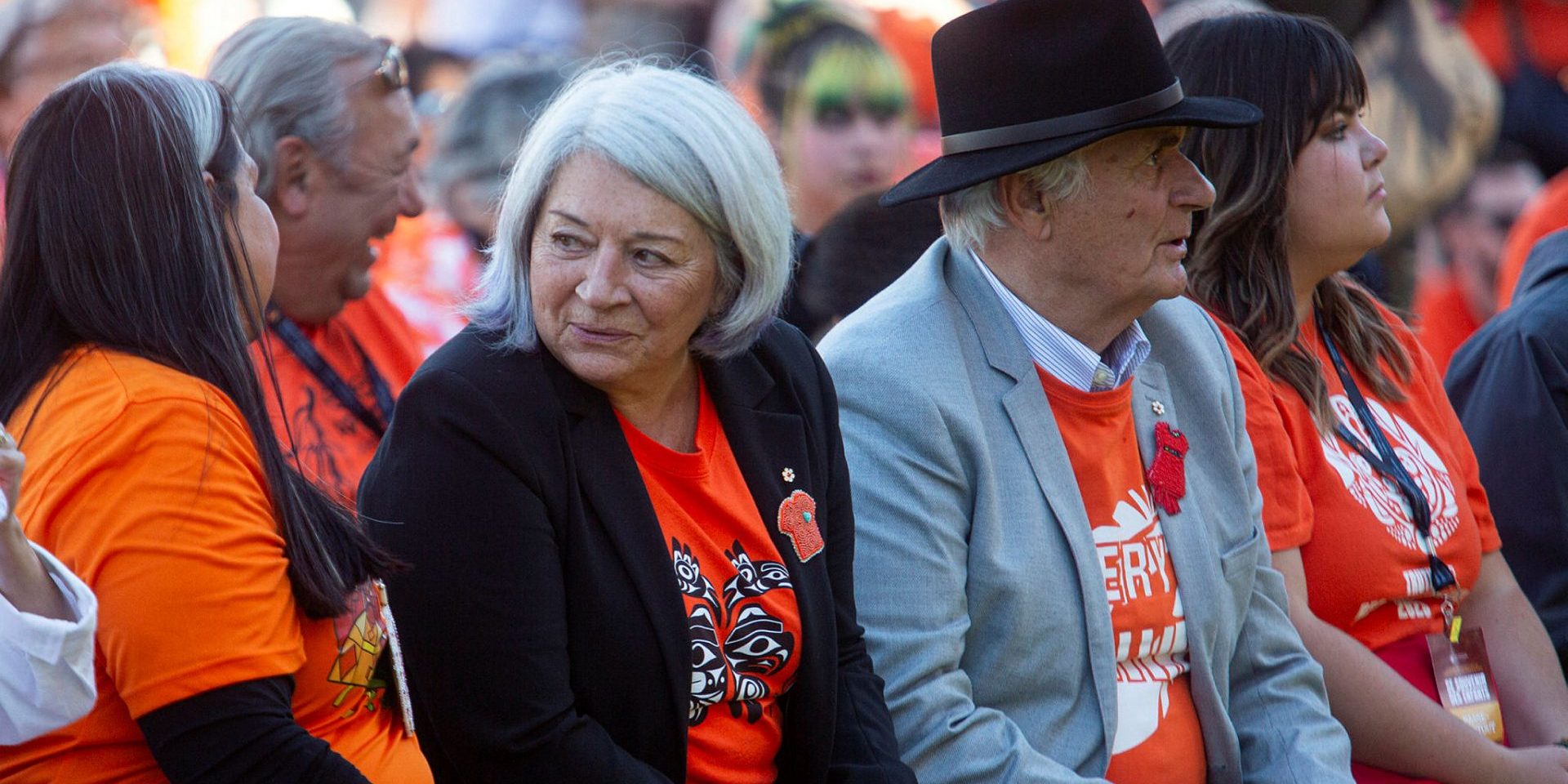Books, Big Ideas, Q&As
Bruce Fanjoy, the man who broke Poilievre’s spell on Carleton, Ont., says he won by door knocking and listening
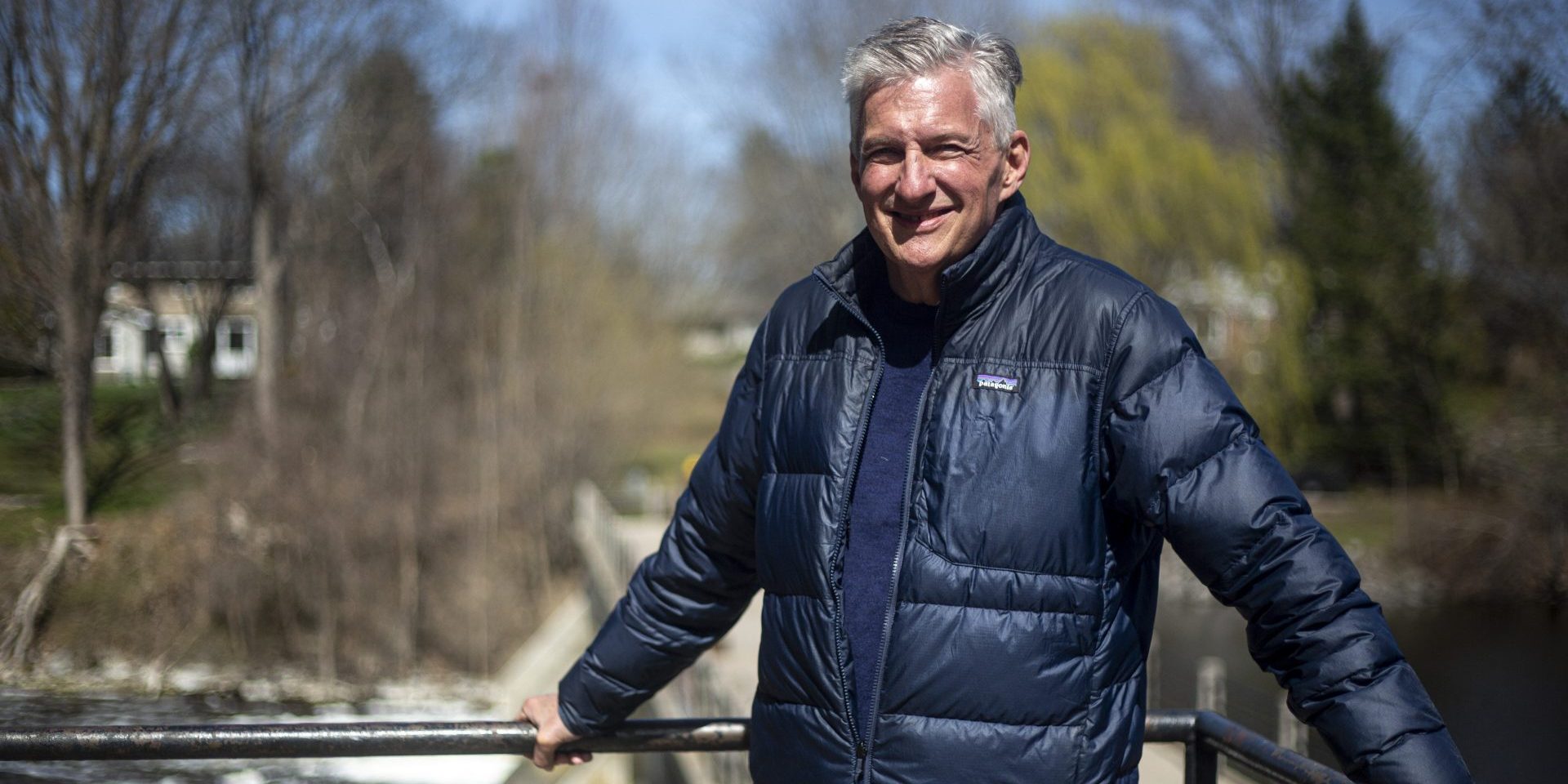
Bruce Fanjoy says he knocked on more than 15,000 doors before the election campaign even started, and then he kept knocking. Carleton answered.
Sitting at a café in Manotick, Ont., just 48 hours after the April 28 election results, the rookie Liberal MP who dramatically toppled Conservative Leader Pierre Poilievre in his longtime stronghold Carleton, Ont., told The Hill Times he doesn’t consider himself “special,” but said his hard-earned victory is the product of listening to tens of thousands of voters in a vote that he said was “referendum” on Poilievre.
Fanjoy, a stay-at-home dad and former business professional, unseated the Conservative leader with 50.8 per cent of the vote, ending Poilievre’s 21-year run as an MP in the Ottawa-area suburban and rural riding. Poilievre received 45.8 per cent of the vote.
The following is an extract of the Q&A with Fanjoy. Quotes have been edited for length and clarity.
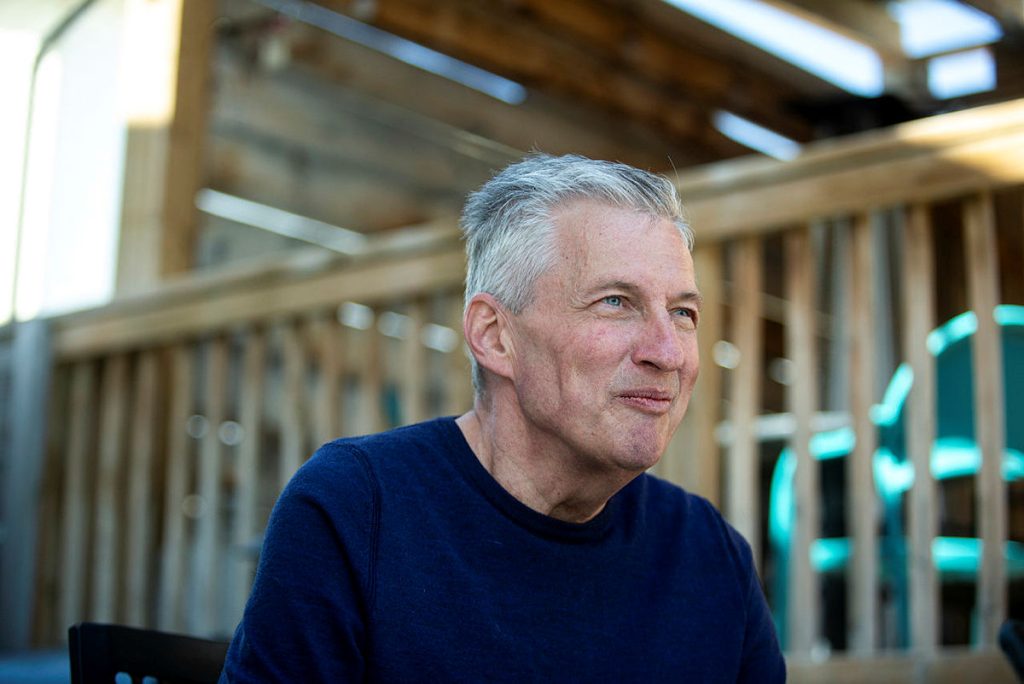
How are you feeling?
“I feel great. I feel that, over two years of hard work and hundreds of people putting their hearts and souls into a big project, it worked out exactly as we hoped it would. So I’m really proud of all the people who helped make this happen. It couldn’t have happened without them.”
Why did you want to run against Poilievre?
“I ran against him because somebody needed to. I think he would have taken Canada in a direction that would have been harmful to Canadians, and we had an opportunity to do something about that. It’s not easy to find someone to take on a task like running against someone like Poilievre, so I just decided to do it myself. I would say it was Poilievre’s complete body of work that made me run against him.”
You won against a giant name in Canadian politics. What is there to say about that?
“You know, anyone can be challenged in a democracy. If you’re prepared to put in the work—and if you believe you can do it—then it is going to happen.”
Did you speak with Poilievre on election night, or at any point during the campaign? Did he call to congratulate you?
“I haven’t heard from him. I don’t know if I will. That’s up to him. But I do wish him and his family well.”

When did it occur to you that you could actually beat Poilievre?
“I’ve believed for a long time that we could win this. In fact, right from the start, I never put him up on a pedestal any higher than anyone else in Carleton. And prior to [his] election, he had zero votes—the same number of votes that I had.
“I’d been working very hard across the riding, meeting people, connecting with them, giving them an opportunity to get to know me. In contrast, I think he’s taken the riding for granted for a long time, and people don’t like to be taken for granted. I think that’s what opened the door for us.
“It still required a very strong campaign, which we ran. But I knew we were competitive long before most of the world knew we were. When the results started coming in—the very first ones on Monday night—that’s when it felt real. I think we had hit our target. And throughout the night we had strong results, so it started to feel very real then.
“Winning is a process—it’s not a moment. We were working that process for a long time.
“We didn’t take any polls as a campaign, so we didn’t necessarily know what the numbers were or how they’d shake out. But the only poll that matters is election night.
“We focused, with an amazing team of volunteers, on the process. We went into election night with faith that we had done the work and were ready—whatever the result might be—for the verdict of the people in Carleton.”
When you started campaigning two years ago, you were not a household name. How did you build your profile? And what did you uniquely bring to the campaign that you think resonated with voters?
“I don’t think I’m that special, or that there’s anything only I could bring. When I announced I was seeking the Liberal nomination to run against Poilievre, people took immediate notice of that because it was a bold step.
“People had become so used to Poilievre in Carleton that maybe some of us have forgotten it doesn’t have to be that way, that someone can challenge him. And he has to earn his seat in the House of Commons like every other MP. And then people got to know me just from me knocking on doors and attending events. They also got to know me via social media. Maybe they got the impression that, ‘Oh, maybe he could do this.'”
How many doors did you knock on?
“I knocked on over 15,000 doors, personally, before the election campaign even started. That’s a lot of conversations. And, you know, every conversation I have with someone, if I leave an impression, they were going to talk to their family members, their friends. ‘Oh, I met Bruce Fanjoy. He’s taking on Pierre Poilievre. I think that’s kind of cool,’ right?
“Some people might have said, ‘I met Bruce Fanjoy, and I don’t particularly like him.’ But even then, I think people appreciated that I was doing this. They could see that I was putting in the hard work, that I was genuine and present.”
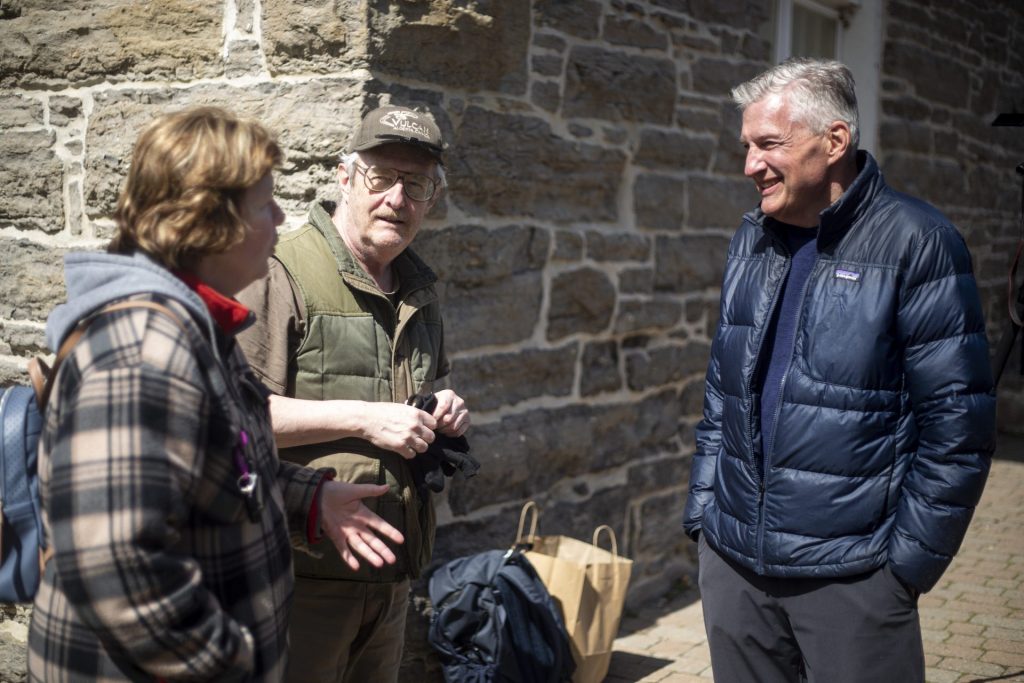
What was your pitch when door-knocking, especially knowing these voters had supported Poilievre for [seven] consecutive elections?
“Well, not everybody voted for Poilievre before. I think, in some elections, he benefited from vote splitting. Not every time, but certainly in some. So I wanted to make sure people knew they had a strong alternative to Poilievre.
“We ended up with very little vote splitting because people understood this was going to come down to either Poilievre or Fanjoy. In effect, it became a referendum on Poilievre.
“There wasn’t much of a pitch when I was going door to door. I introduced myself as the Liberal candidate for Carleton, running against Poilievre, and then the conversation would just flow naturally from there. I would listen to what mattered to them [such as] cost of living issues, housing issues, same issues that mattered to Canadians in general.
“In many cases, people were also worried about the Charter of Rights and Freedoms, and I understand that. One of the reasons why I was running was because I knew that Poilievre couldn’t be trusted to defend the Charter.
“This year, after the election of [U.S. President] Donald Trump, people became very focused on the threats that Trump and his administration represented for Canada, and the need for serious leadership in Canada to stand up to the U.S. administration, to defend Canadian industry, and to protect Canadian workers.”
How important is door knocking in today’s world of politics?
“It’s extremely important. It’s not the door knocking, per se, as it’s the meeting someone and [having] a human connection. It is absolutely critical.
“Every person whose name you know now was once someone whose name you didn’t know. So, Poilievre, when he originally won this riding in 2004, he was an unknown. He put in the work, and he got known.
“It’s a matter of doing what needs to be done. People will form an impression of who you are and what your values are. And if their values align with yours, hopefully, you’ll earn their vote.”
What are your top priorities as this riding’s new MP?
“I’m really looking forward to getting to work serving the people of Carleton. I’m going to be travelling around the riding, meeting with residents, community organizations, farmers, businesses and not-for-profits, listening to what issues they’re facing and finding ways to be of service. That’s my first and foremost priority.”
How many volunteers did you have?
“During the writ period, we had well over 500 active volunteers. When I announced I was seeking the nomination, we had a core group of probably roughly 20 people who were meeting regularly and supporting me.”
Now that you have a seat in the House, that comes with its own responsibilities. What your plans are in that regard?
“As I said, I feel that Carleton has been under-represented for a long time. That’s going to be my immediate priority—and my ongoing priority. Obviously, I’ll have some role in the broader public policy that affects the country, but I don’t know what that role will be yet.”
What advice would you give to someone who is unknown and wants to run in federal politics?
“Everyone is unknown in politics until they step up and make a name for themselves. That happens when you start getting to work. This is not handed to anyone. When I started, there were a lot of skeptics, but I believed in myself and kept going. I would give that advice to anyone who wanted to do something similar. There’s no substitute for putting the work in.”
ikoca@hilltimes.com
The Hill Times






 LICENSING
LICENSING PODCAST
PODCAST ALERTS
ALERTS